Faculty
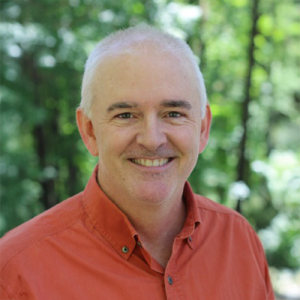
July 18, 2025
Rick Relyea
Educational background Ph.D. in Ecology & Evolution, University of Michigan, 1999 Courses taught Ecology Animal Behavior…
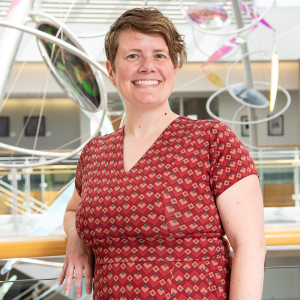
June 24, 2025
Erin Sparks
Sparks holds a joint appointment with the University of Missouri and the Donald Danforth Plant Science Center. She is passionate about interdisciplinary approaches to solve complex challenges. Her background training includes a B.S. in Biomedical Engineering, a Ph.D. in Cell and Developmental Biology and postdoctoral work in Plant Molecular Biology. Educational background Ph.D., Vanderbilt University…
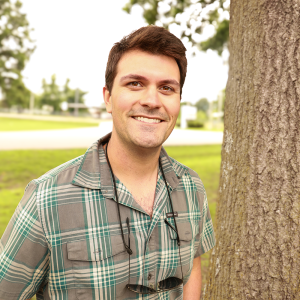
May 28, 2025
Alex Mangialardi
Educational background Ph.D., Agronomy-Weed Science, Mississippi State University…
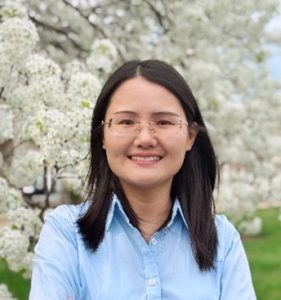
March 31, 2025
Xiaoping Xin
Dr. Xin’s research focuses on soil biogeochemistry processes, climate-resilient soil management, soil remediation, soil-plant interactions, crop production, precision agriculture, nanotechnology-enabled agriculture, and environmental risk assessment. She is committed to bridging the gap between academic research and practical agricultural applications, aiming to lead innovative studies in soil fertility and plant nutrition that enhance agricultural productivity and environmental sustainability in Missouri and beyond. Educational background Ph.D., University of Florida, 2020 Ph.D., Southwest University, China, 2017 B.S., Northwest A&F University, China, 2012 Courses taught Soil and the Environment (SOIL 3290) Soil Fertility and Plant Nutrition (SOIL 4313/7313) Soil Fertility and Plant Nutrition Lab…

Nov. 5, 2024
Muhammad Rasel Parvej
Rasel Parvej is the Director of the MU Soil and Plant Testing Laboratory and the Soil Health Assessment Center (SHAC), as well as an Assistant Professor and State Extension Specialist in Soil Testing and Interpretation within the Division of Plant Science and Technology and the School of Natural Resources. He has been serving as an Associate Editor for both the Soil Science Society of America Journal and Crop, Forage & Turfgrass Management since 2020. Parvej is also a certified crop advisor and has been elected vice-chair of the National Research Support Project (NRSP-11) at NIMSS in 2024.

Aug. 15, 2024
Jason R.V. Franken
My research is interdisciplinary by nature, drawing from economics, marketing, and decision sciences to understand the organization of marketing channels (i.e., transactions, contracts, and cooperatives) for adding value and managing risk. Educational background Ph.D., Agricultural & Consumer Economics, University of Illinois, 2008 M.S., Agricultural Economics, University of Missouri, 2003 B.S., Agricultural Economics, University of Missouri, 2001 Courses taught ABM 3183: The Economics of the Food, Fiber and Fuel Supply Chain ABM 4972: Agri-Food Business and Cooperative Management…
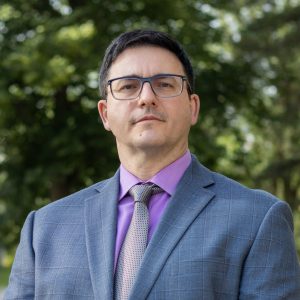
Aug. 15, 2024
Alejandro Plastina
Plastina is the Director of the Rural and Farm Finance Policy Analysis Center (RaFF) at the University of Columbia-Missouri. His area of specialization is agricultural production and technology, with an emphasis on farm business and financial management. He has received multiple awards, including the 2023 Iowa State University (ISU) ANR Extension Team Award, the 2023 Outstanding Choices Magazine Article Award from the Agricultural & Applied Economics Association, the 2022 Dean’s Citation for Extraordinary Contributions to the ISU College of Agriculture and Life Sciences, the 2021 Farm Foundation Agricultural Economics Fellowship, the 2021 ISU Office of the President Excellence in…

Aug. 15, 2024
Jim Green
Green is an Associate Professor of Personal Financial Planning in the Division of Applied Social Sciences of the College of Agriculture, Food and Natural Resources at the University of Missouri – Columbia. He is a native of Florida but comes to the University of Missouri from San Antonio, TX where he spent the nine years as a financial planning and portfolio manager with Morgan Stanley Wealth Management. Additionally, for the three years, he was an Adjunct Professor of Finance at the H-E-B School of Business Administration, University of the Incarnate Word. He earned his undergraduate degree from the U.S. Air…
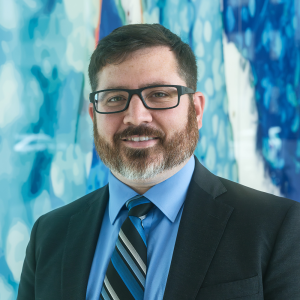
Aug. 13, 2024
Curtis A. Nutter
Co/post-transcriptional regulation of gene expression by alternative RNA processing is a highly regulated and complex process that exponentially increases the repertoire and dynamic control of gene products. Disrupted RNA processing is implicated in many human diseases, in particular neurological disorders. Alternative RNA processing is regulated by developmental and tissue specific RNA binding proteins (RBPs) which influence core RNA processing machinery. My group will study these regulatory interactions involved in co/post-transcriptional control of neurological development and cell membrane transport/secretion. We will characterize these mechanisms using cutting edge RNA sequencing technology, single-molecule RNA detection, mass-spectroscopy, and CRISPR techniques to address our hypotheses…
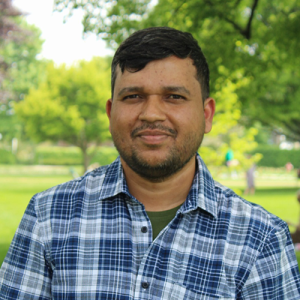
Aug. 13, 2024
Prashant D. Sonawane
Plants synthesize a huge repertoire of diverse, lineage-specific Specialized (secondary) metabolites (also known as Natural Products). Although plant specialized metabolites play a central role in defense and stress responses, many of these compounds are also indispensable resources for human nutrition and medicine. In plants, all known specialized metabolites are derived from core/primary metabolites, which are vital for eukaryotic life. Plant derived specialized molecules/natural products have become an integral part of human health (steroid hormones; e.g. progesterone, estrogen), nutrition (e.g. vitamin D supplements, dietary supplements such as Tribulus extracts) and medicine [drugs for treatments ranging from mild inflammation, allergies to chronic…